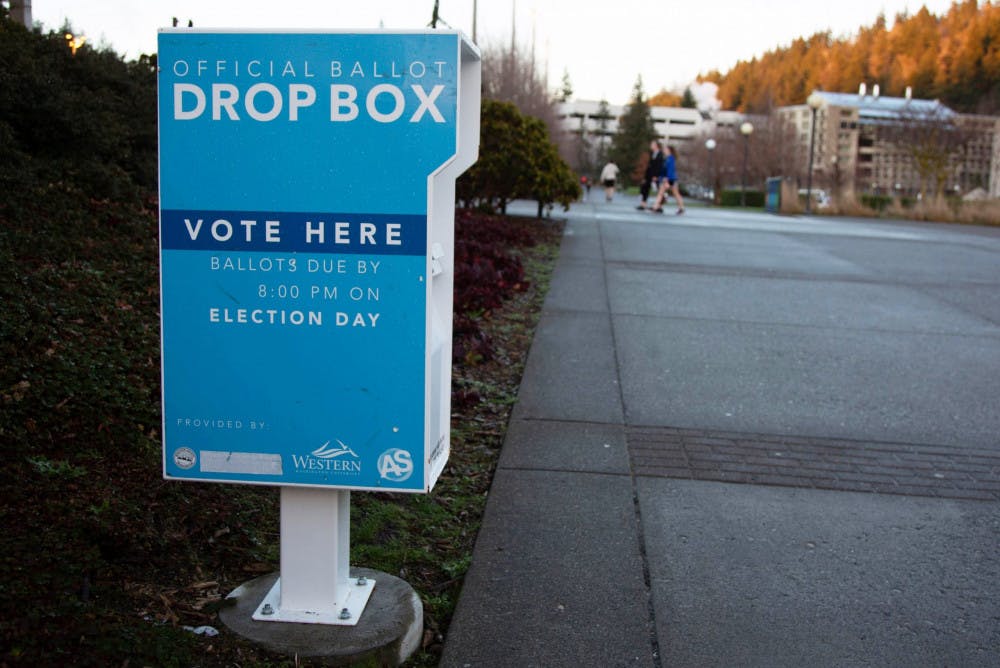
Democrats in Washington’s senate have introduced a bill that would automatically restore voting rights to thousands of people convicted of felonies across Washington, including those currently under community custody.
Under Senate Bill 6228, citizens will not have to petition a court in order to regain voting rights, but will instead automatically regain them once they leave prison.
Those convicted of felony charges would still have to register in order to cast a ballot.
David Pearson, who was charged with burglary of the second degree in 2018, said the bill would drastically impact the voices of former felons.
“I think it would be great,” Pearson said. “It would give us a voice again. Even though we’re felons, there’s still a lot of us that are changing [or] have changed our lives and are in the process of doing that.”
The bill also addresses citizens who are unable to vote while under controlled community custody. Similar to parole, it is the monitoring of an offender serving a portion of their sentence outside of complete confinement, and requires citizens to report to the department of corrections on a regular basis according to the Washington State Legislature’s website.
The bill will increase the frequency of voter registration checks by the secretary of state, going from twice annually to monthly, comparing a list of eligible voters with non-eligible ones. This is in order to more accurately determine who’s allowed to vote based on a citizen’s current legal standing.
Irene Morgan, treasurer and secretary of Whatcom County’s Restorative Community Coalition, said the bill helps with a small part of the large issue of re-entry for former inmates.
“This is really small compared to proper housing, helping them get IDs, along with other, larger steps into re-entry,” Morgan said.
Pearson also said he feels that it was wrong to restrict the right to vote in the first place.
“We’re human beings too,” Pearson said. “We’ve made some mistakes, but I don’t think they ever should have taken away our right to vote.”
Harold Pettegrove, who was convicted of felony charges in Washington, said his political life is nonexistent without the right to vote.
“You know, there is no political life,” Pettegrove said. “I can watch what’s going on, but effectively I have no voice. I don’t really feel like much of a citizen, and that’s kind of a big deal.”
Pettegrove also said that an individual’s re-entry can be impacted by restrictions on civil rights.
“The thing people fail to realize is that yeah, you commit it, you fall into it, but there’s a life after that,” Pettegrove said. “And a lot of people go back to the same things and a part of that problem is that you’ve ostracized them.”
The development of the bill was sparked by what state democrats saw as a law that disproportionately impacted people of color and drew punishment out after individuals have paid their time, according to the bill’s first public hearing on Jan. 22.
“They always say, ‘You’ve already paid your debt to society.’ Well then, why am I still being penalized?” Pettegrove said. “They say, ‘That part hasn’t been paid yet.’ It’s frivolous.”





